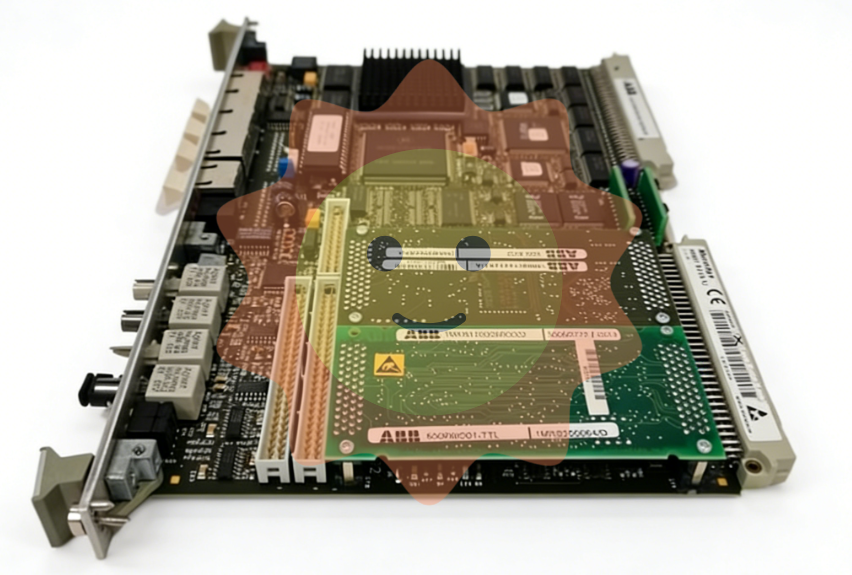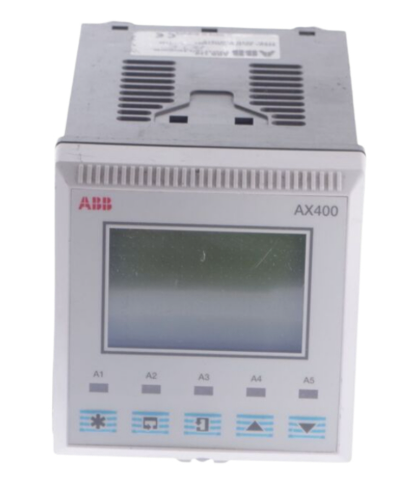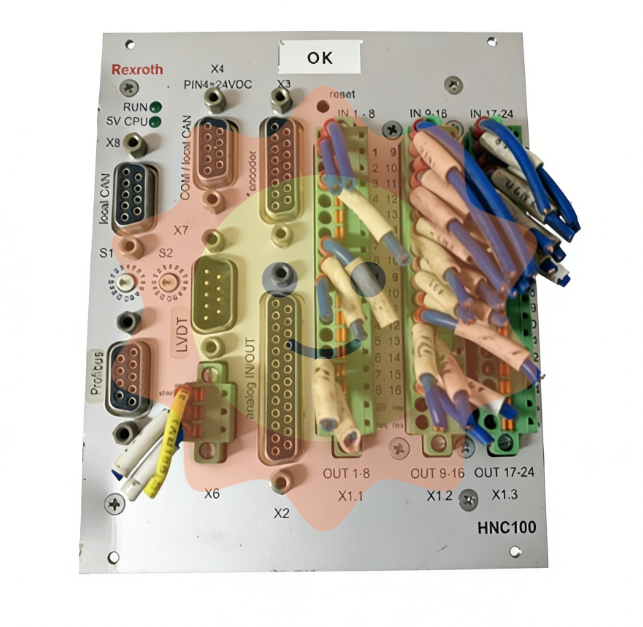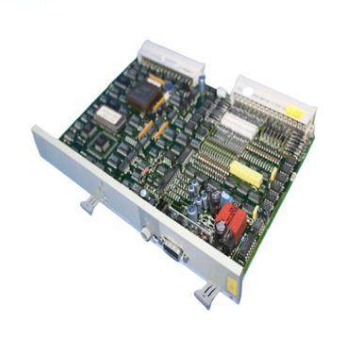Iraq: Working with all parties to improve natural gas processing capacity
According to the latest data released by the Iraqi government, Iraq exported 1.23 billion barrels of crude oil in 2023, an increase of 1.96%. The non-oil economy grew by 6% and is expected to grow by around 5% in 2024; The current account surplus reached 2.6% of GDP, and foreign exchange reserves grew to $113 billion. At the same time, Iraq actively controlled inflation, which fell from 7.5% at the beginning of 2023 to 4% by the end of the year.
This is the result of the various measures taken by the Iraqi government in recent years to restore industry, promote diversified economic development and improve people's livelihood. The International Monetary Fund (IMF) recently sent a team of experts to inspect the economic situation in Iraq, affirming the positive progress made in accelerating economic reconstruction in Iraq and believing that the Iraqi economy will continue to recover this year.
Stabilize oil and gas production and increase processing capacity
Iraq has the world's fifth largest oil reserves, and the oil industry is the lifeblood of the national economy. 96% of Iraq's 2022 budget will come from oil revenues. Iraq's oil ministry recently said that in 2023, Iraq's crude oil exports increased to 1.23 billion barrels, but the impact of lower international oil prices, oil revenues decreased, at $88.6 billion.
In order to maintain stable oil production and increase production, Iraq has strengthened cooperation with international partners to extend the oil industry chain through the establishment of oil refineries. In February, Iraq's largest refinery, the Northern Refinery in Baiji, reopened with a capacity of 250,000 barrels per day. The Prime minister's office said in a statement that under a series of measures, Iraq is expected to increase its oil processing capacity and soon achieve full self-sufficiency in oil products, reducing annual imports by $3 billion.
Iraq is the twelfth-largest holder of natural gas reserves in the world, much of it in the form of associated gas produced during oil extraction. Due to the large investment in processing equipment, long cycle and high technical difficulty, Iraq's natural gas processing capacity is very limited, and most of the associated gas can only be directly burned. At the same time, Iraq imports billions of cubic meters of gas a year from neighboring countries to generate electricity, and also imports electricity to fill the local electricity gap.
In order to solve this problem, the Iraqi government is working with all parties to enhance gas processing capacity and improve economic and livelihood. The Iraqi government announced in early 2023 that it hopes to achieve independent processing and production of natural gas through about three years of efforts and be able to export it to the international market.
Develop diversified economy and promote foreign trade
Iraqi Prime Minister Soudani recently attended a rolling mill inauguration ceremony in Basra, said that Iraq is actively promoting the development of non-oil economy. Basra is not only an important port and oil production base for Iraq, it is also becoming an important industrial center.
In 2018, Iraq officially released the "Sustainable Development Vision 2030", which aims to diversify the economy, improve infrastructure, expand investment in education, and strengthen public governance. In recent years, Iraq has put into operation a number of fertilizer plants, cement plants, steel plants and so on. In February, the Board of Directors of the Industrial Cities Authority of Iraq discussed the idea of creating an integrated industrial city for steel production on the site of the Basra National Steel Company.
Iraqi Ministry of Planning spokesman Abdul Zahara recently said that this year the Iraqi government will continue to introduce various measures to promote non-oil economic growth. He said that the main tasks of the Iraqi government in 2024 are to complete the census, formulate a five-year development plan for 2024-2028, and restart major projects that have been put on hold.
The International Monetary Fund is calling on Iraq to take further reforms to encourage the private sector and diversify its economy. To further encourage and support the development of the private sector, the Government of Iraq has decided to establish a permanent "Private Sector Development Council", headed by Prime Minister Soudani.
Iraq has made great efforts to open wider to the outside world and increase trade with other parties. Iraqi Trade Minister Asir al-Ghurair said at the 13th WTO Ministerial Conference in the United Arab Emirates that Iraq has met the necessary conditions to become a member of the World Trade Organization after completing economic reforms and improving the investment climate. Iraq looked forward to joining the World Trade Organization in order to promote its trade and sustainable development.
- ABB
- General Electric
- EMERSON
- Honeywell
- HIMA
- ALSTOM
- Rolls-Royce
- MOTOROLA
- Rockwell
- Siemens
- Woodward
- YOKOGAWA
- FOXBORO
- KOLLMORGEN
- MOOG
- KB
- YAMAHA
- BENDER
- TEKTRONIX
- Westinghouse
- AMAT
- AB
- XYCOM
- Yaskawa
- B&R
- Schneider
- Kongsberg
- NI
- WATLOW
- ProSoft
- SEW
- ADVANCED
- Reliance
- TRICONEX
- METSO
- MAN
- Advantest
- STUDER
- KONGSBERG
- DANAHER MOTION
- Bently
- Galil
- EATON
- MOLEX
- DEIF
- B&W
- ZYGO
- Aerotech
- DANFOSS
- Beijer
- Moxa
- Rexroth
- Johnson
- WAGO
- TOSHIBA
- BMCM
- SMC
- HITACHI
- HIRSCHMANN
- Application field
- XP POWER
- CTI
- TRICON
- STOBER
- Thinklogical
- Horner Automation
- Meggitt
- Fanuc
- Baldor
- SHINKAWA




































































































































